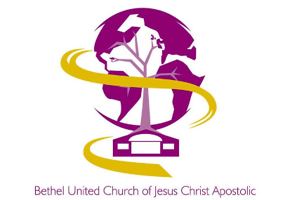Faith-based charities are struggling to tap in to new sources of funding for social innovation projects and should do more support social entrepreneurs within the sector, according to a new report from religion and social affairs think tank Theos.
The organisation’s latest report, Doing good better: the case for faith-based social innovation, argues that churches and other religious institutions are well-placed to deliver social innovation.
It says that funding is available to faith-based organisations from specialist grantmakers and government departments’ innovation funds but that few faith-based are engaging with these funding sources.
Theos said that some some “religious social change agents” reporting that they are “regarded with suspicion” by secular grant funders.
The report urges clerical leaders to be more open to suggestions of redirecting their organisation’s resources to social innovation.
It says there are almost no innovation hubs in the religious social action sector, and suggests new institutions should be created to support faith-based social innovation.
Support social entrepreneurs
The report also calls on religious organisations to encourage social entrepreneurs.
"At present, too many religious social entrepreneurs end up taking their skills and abilities out of the tent. Social action has been seen as a bolt-on to religious networks – social entrepreneurs and innovators can seem disruptive, asking questions around how resources are directed within a religious denomination," it said.
"Religious groups need to support social innovators within their ranks by recognising and developing their
skills, and acknowledging social change as an important vocation in its own right, rather than a clerical hobby."
'Social innovation isn’t just about sexy new projects'
Paul Bickley, head of Theos’ political programme, said: “Even at a time when fewer people ‘believe’, faith groups are an important part of the social fabric of the nation. To their credit they’re ever more focused on doing more for the vulnerable groups, and they have a significant impact on many people’s lives.
“It’s likely, though, that they’ll have to do even more in the future as government budgets are cut. That means they’ll have to change the way they approach social action, making sure they’re tackling the problems at their root and in the most effective way. Religious groups will need more and different kinds of funding to do their work in future.
“Social innovation isn’t just about sexy new projects. It’s also about organisations asking how they can tackle systemic problems in a systemic way, often by expanding on or improving earlier approaches. Faith communities do so much good – this calls on them to think about how they can do good, better.”
Related articles











